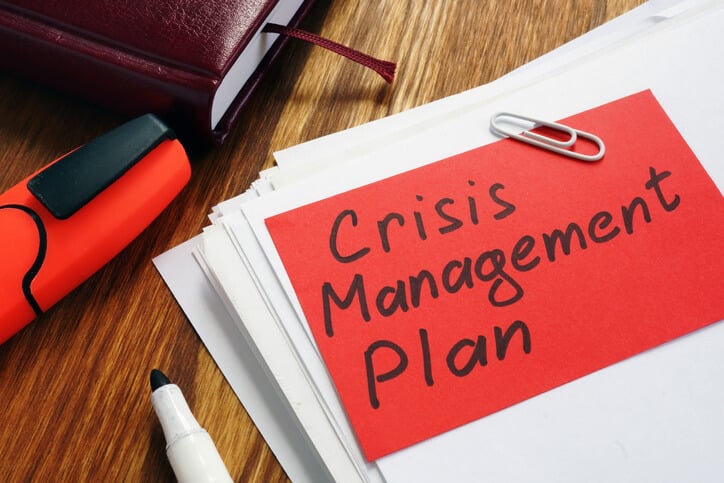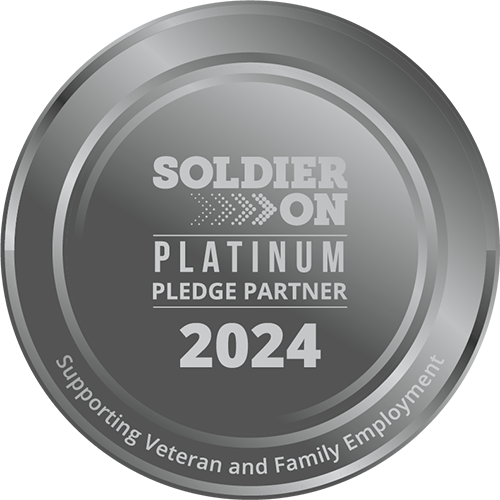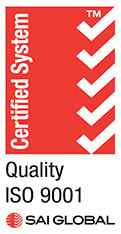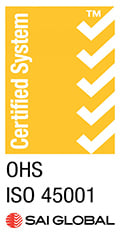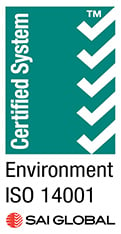Crisis Management Techniques for Security Guards
Crises can emerge suddenly and unpredictably, demanding swift and effective responses from security guards. Whether it’s a natural disaster, a security breach, or a medical emergency, the ability to manage crises efficiently is crucial for safeguarding lives and property. These are essential crisis management techniques that can help security guards to navigate challenging situations effectively.
Preparedness and Planning
Risk Assessment and Scenario Planning
Before a crisis occurs, conducting thorough risk assessments and scenario planning is essential. Identifying potential risks and developing response protocols for various scenarios enables guards to react promptly and decisively when faced with a crisis.
Emergency Response Plans
Developing detailed emergency response plans tailored to specific threats or situations is crucial. These plans should outline clear protocols, roles, and communication channels to ensure a coordinated and efficient response during a crisis.
Effective Communication Strategies
Establish Clear Communication Channels
Maintaining clear and reliable communication is paramount during a crisis. Guards should establish and familiarise themselves with communication tools, such as two-way radios, ensuring seamless connectivity to coordinate responses swiftly.
Timely Information Dissemination
Disseminating accurate and timely information to all involved parties, including colleagues, emergency services, and affected individuals, is vital. Clear and concise communication helps manage panic and facilitates efficient decision-making.
Decisive and Swift Action
Rapid Assessment and Decision-Making
In a crisis, security guards must quickly assess the situation, identify potential risks, and make informed decisions. Prioritising safety and taking decisive action is crucial, even in high-pressure and chaotic environments.
Evacuation and Crowd Management
Guiding and managing crowds during evacuations or emergencies require specific skills. Guards should be trained in crowd control techniques and evacuation procedures to ensure orderly and safe movement.
Stress Management and Calm Leadership
Maintain Composure and Leadership
Remaining calm and composed during a crisis is essential for effective leadership. Security guards should exude confidence, provide clear directions, and lead by example to reassure others and maintain control.
Stress-Management Techniques
Training in stress-management techniques, such as deep breathing or mindfulness exercises, helps guards stay focused and composed in high-stress situations, enabling better decision-making.
Continuous Training
Regular Simulation Exercises
Conducting regular crisis simulation exercises or drills prepares security guards to respond effectively when facing real-life emergencies. These exercises familiarise them with protocols, refine their skills, and identify areas for improvement.
Learning from Past Incidents
Reviewing and analysing past incidents and responses helps in refining crisis management strategies. Continuous learning from both successes and shortcomings is key to enhancing preparedness.
Collaborative Approach and Adaptability
Collaborate with External Agencies
Collaborating with local emergency services and relevant authorities fosters a cohesive response during crises. Establishing partnerships ensures seamless coordination and access to additional resources when needed.
Adaptability and Flexibility
Being adaptable and flexible in response strategies is crucial, as each crisis may present unique challenges. Security guards should be prepared to adjust plans and tactics based on evolving circumstances.
Post-Crisis Evaluation and Improvement
Debriefing and Analysis
After a crisis has been managed, conducting thorough debriefing sessions to evaluate the response is crucial. Identifying strengths, weaknesses, and areas for improvement is vital for refining crisis management strategies.
Continuous Improvement
Using insights from post-crisis evaluations, update and refine emergency response plans and training programs to continuously improve crisis management capabilities.
Final Thoughts
Mastering crisis management techniques is an ongoing process that requires a combination of preparedness, training, adaptability, and effective communication.
Security guards play a pivotal role in ensuring the safety and security of people and assets during emergencies.
By incorporating these techniques into their skill set and staying committed to continuous improvement, security guards can confidently navigate crises, mitigating risks and minimising the impact of challenging situations.

